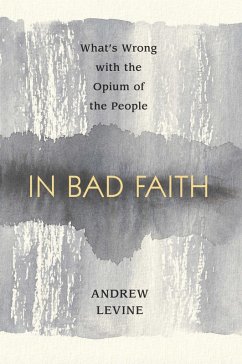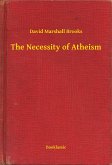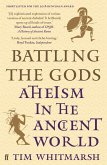For readers interested in political theory and political activism, as well as anyone puzzled by the persistence of theistic conviction in the modern world, this critique of religious belief provides insightful analysis. In light of rational standards for belief acceptance that are universally acknowledged in enlightened circles, theistic convictions are deeply problematic. Thus it is not surprising that some of the most important heirs of the Enlightenment tradition-Ludwig Feuerbach, Émile Durkheim, Sigmund Freud, and Friedrich Nietzsche-wondered, implicitly, why belief in God persists and even flourishes among those who should and in some sense do know better. This book provides fresh insight into the work of those thinkers by reflecting on the explanations they proffered and on their explanatory strategies. For all their many differences, their respective explanations share a common core and are driven by a similar (largely unelaborated) normative commitment. On Levine's account, believers today believe in bad faith-in other words, they evince a fundamental intellectual dishonesty. If only for this reason, they merit reproach, even in the comparatively rare instances when "faith perspectives" do more good than harm. From this standpoint, the author reflects on the liberal turn in the so-called Abrahamic religions (Judaism, Christianity, and Islam) and depicts liberal religion as a vehicle of exit for those who implicitly acknowledge the untenability of the beliefs they profess, yet are unable or unwilling to face this reality squarely. He argues that liberal religion is therefore a transitory phenomenon, albeit one that has survived for a long time and that is not about to expire soon. Levine then faults the religious Left on this account, arguing that even in those historically rare conditions where bad faith motivates welcome political engagement, it is nevertheless undermined by its deep inauthenticity.
Dieser Download kann aus rechtlichen Gründen nur mit Rechnungsadresse in A, B, BG, CY, CZ, D, DK, EW, E, FIN, F, GR, HR, H, IRL, I, LT, L, LR, M, NL, PL, P, R, S, SLO, SK ausgeliefert werden.









